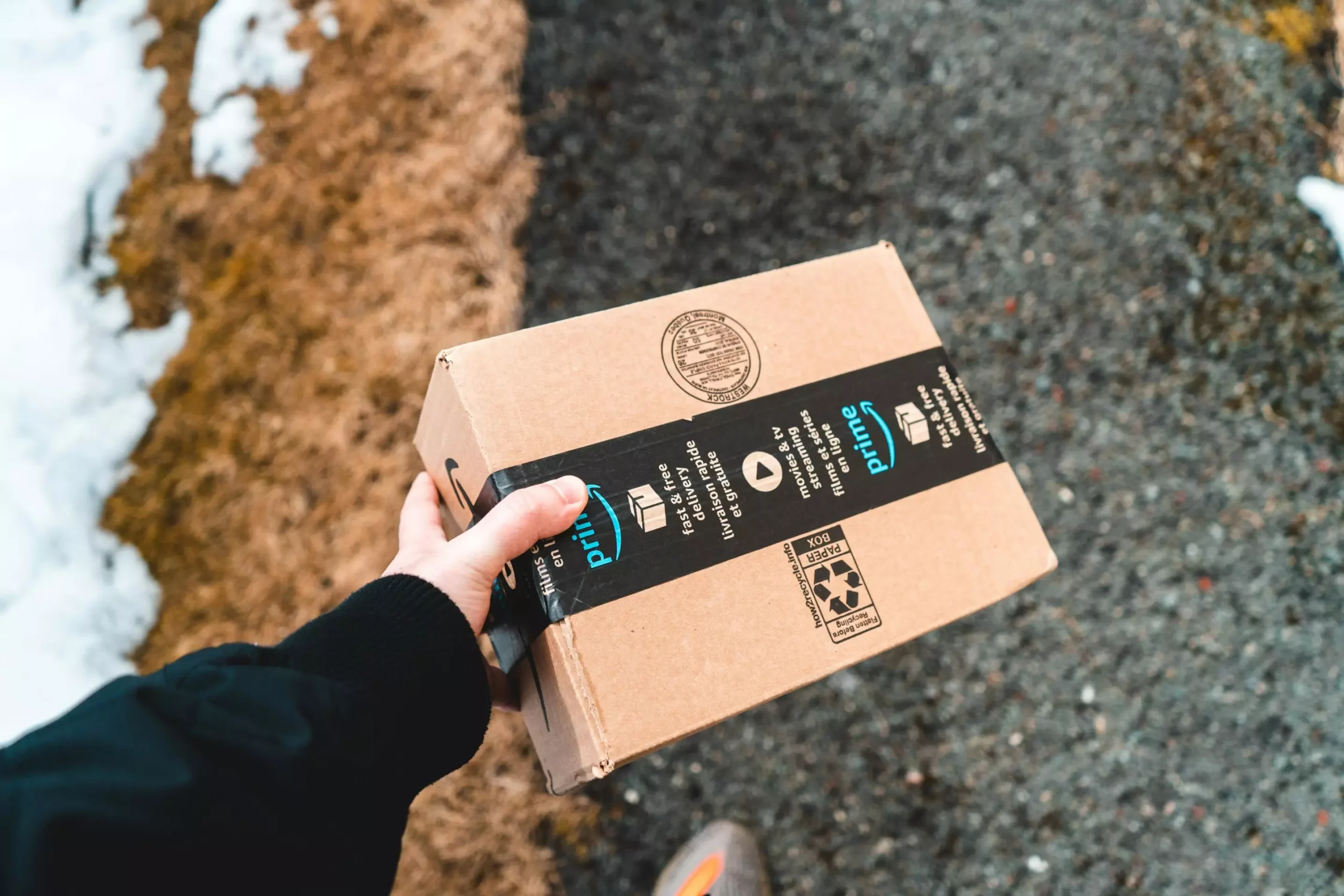The recent ruling by the National Labor Relations Board (NLRB) in Los Angeles regarding Amazon’s relationship with delivery drivers has sparked a heated debate in the labor industry. The NLRB’s decision to classify the drivers as employees of Amazon, rather than independent contractors, has significant implications for the future of gig workers across the country.
The ruling by the NLRB is a major victory for the Teamsters union, as it challenges Amazon’s long-standing stance that it has no legal responsibility for the working conditions of its subcontracted drivers. This decision could pave the way for delivery drivers in other locations to unionize and demand better treatment from Amazon.
Amazon has vehemently denied the allegations made by the Teamsters and has dismissed the majority of the claims against them. A spokesperson for the e-commerce giant, Eileen Hards, has stated that the company believes there is no merit to the accusations and expects any remaining claims to be dismissed as well. This ongoing legal battle highlights the contentious relationship between Amazon and its contracted workers.
The termination of the Battle-Tested Strategies drivers in Palmdale, California has led to protests organized by the Teamsters union at Amazon facilities nationwide. Drivers like Jessie Moreno have spoken out against Amazon’s alleged unfair labor practices, demanding better wages and safer working conditions. This growing solidarity among Amazon workers is a clear sign of the increasing dissatisfaction with the company’s treatment of its employees.
The NLRB’s ruling is just the first step in a potentially lengthy legal process. If Amazon and the Teamsters do not reach a settlement, the labor agency could issue a formal complaint based on its findings. This complaint would then be heard by an administrative law judge, who could order Amazon to implement remedies for any unfair labor practices. The final decision could ultimately be appealed to the labor board in Washington.
Overall, the legal battle between Amazon and the delivery drivers represented by the Teamsters underscores the complex relationship between gig workers and the companies that employ them. The outcome of this case could have far-reaching implications for the future of labor rights in the gig economy. As the legal process unfolds, it will be crucial to closely monitor the developments and their potential impact on the broader labor landscape.

